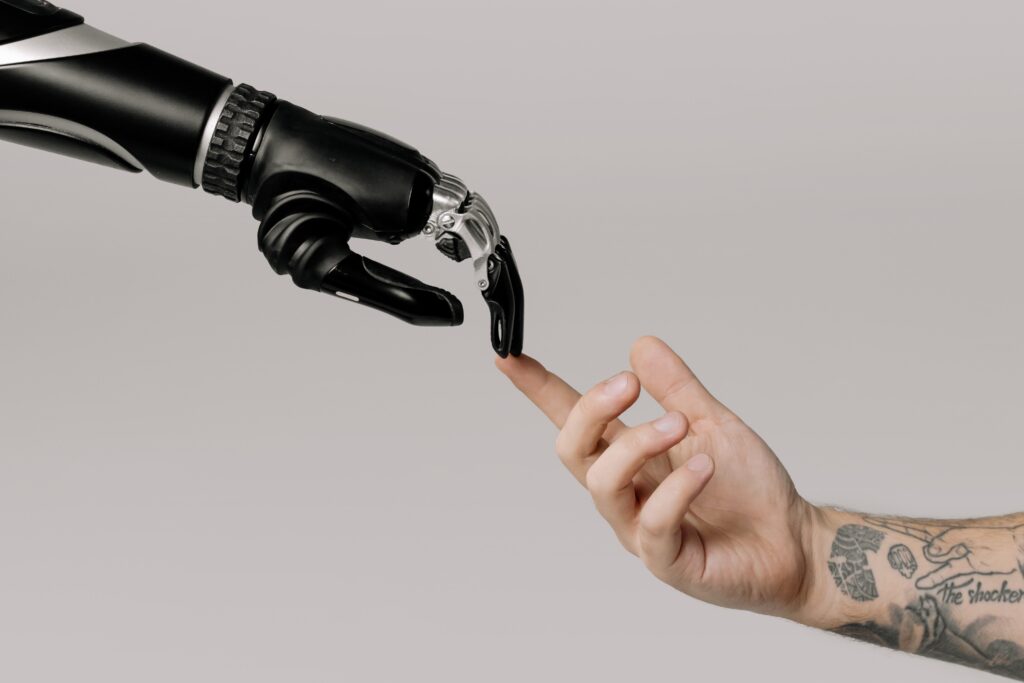Artificial Intelligence (AI) has become an integral part of our modern world, transforming industries, enhancing convenience, and reshaping how we interact with technology. However, the rapid advancement of AI has raised important ethical concerns that demand careful consideration and regulatory action. Striking a balance between innovation and accountability is crucial to harnessing the potential of AI while safeguarding against unintended consequences.
The Power and Complexity of AI
AI systems, driven by complex algorithms and machine learning, have exhibited remarkable capabilities in a wide range of applications. From medical diagnosis to autonomous vehicles and natural language processing, AI’s potential seems boundless. However, as AI systems become more autonomous and make decisions that directly impact human lives, ensuring ethical behavior becomes paramount.
The Challenge of Unintended Biases
One of the most pressing ethical challenges in AI is the presence of unintended biases. AI systems trained on biased data can perpetuate and even amplify existing societal prejudices. For instance, facial recognition algorithms have been found to exhibit racial and gender biases, leading to inaccuracies and potential discrimination in identification processes. Such biases highlight the urgent need for ethical guidelines that ensure fairness and prevent discriminatory outcomes.
The Case of ChatGPT and Plagiarism
Real-world examples underscore the importance of AI ethics and regulation. OpenAI’s ChatGPT, a language model designed to generate human-like text, demonstrated the potential for ethical dilemmas. ChatGPT occasionally copies information from the web without proper attribution, raising concerns about plagiarism and intellectual property rights. Incidents like this shed light on the challenge of maintaining ethical behavior in AI systems, even unintentionally.
ChatGPT generates responses that can be nearly identical to sentences and phrases from news articles available on the internet. When asked for summaries or explanations of recent events, ChatGPT sometimes reproduced sentences from news sources without proper credit. This led to discussions about the need for AI-generated content to respect copyright and provide proper references, similar to how human writers are expected to attribute sources.
Transparency and Explainability
The complexity of AI systems often leads to a lack of transparency in their decision-making processes. This opacity can create a sense of mistrust among users and stakeholders. As AI systems are integrated into critical domains like healthcare and finance, the ability to explain why a particular decision was made becomes imperative. Regulations that mandate transparency and explainability can help build trust and accountability.
Toward Responsible AI Regulation
Governments and regulatory bodies around the world are taking steps to address AI ethics and accountability. The European Union’s General Data Protection Regulation (GDPR) serves as an example of comprehensive legislation that emphasizes individuals’ rights and data protection. Additionally, institutions like the Partnership on AI are bringing together industry leaders to establish ethical guidelines and best practices for AI development and deployment.
The Ethical AI Imperative
The rapid evolution of AI technology calls for a proactive approach to ethical considerations. Developers, researchers, and organizations have a shared responsibility to design AI systems that align with human values and adhere to ethical standards. Implementing mechanisms to identify and rectify biases, ensuring transparency, and fostering collaboration across industries will be instrumental in building an ethical AI landscape.
Striking the Balance
As AI continues to evolve and permeate various aspects of our lives, the tension between innovation and accountability will persist. Striking the right balance requires a multidisciplinary effort involving technologists, ethicists, policymakers, and the broader society. The goal is not to stifle innovation but to shape it in a way that promotes human well-being, equality, and respect for fundamental rights.
In the complex interplay of AI ethics and regulation, the lessons learned from real-world examples like ChatGPT’s behavior serve as reminders of the challenges and opportunities that lie ahead. By fostering a culture of responsible innovation and adopting a collaborative approach, it is paramount to ensure that AI remains a force for positive change while upholding the values that define our humanity.
